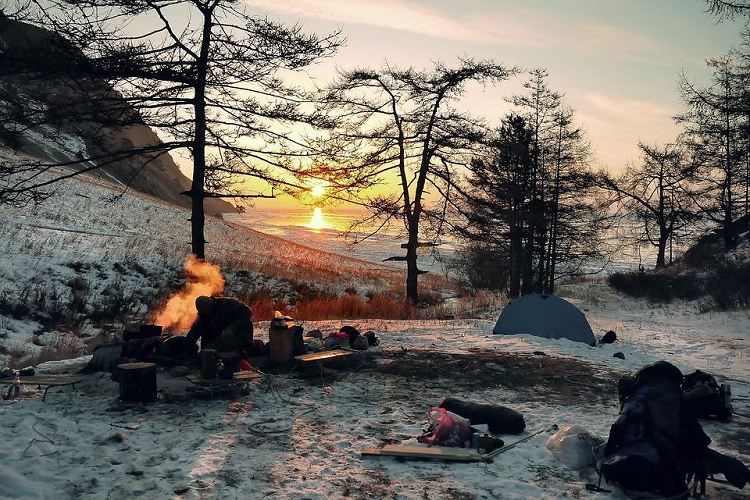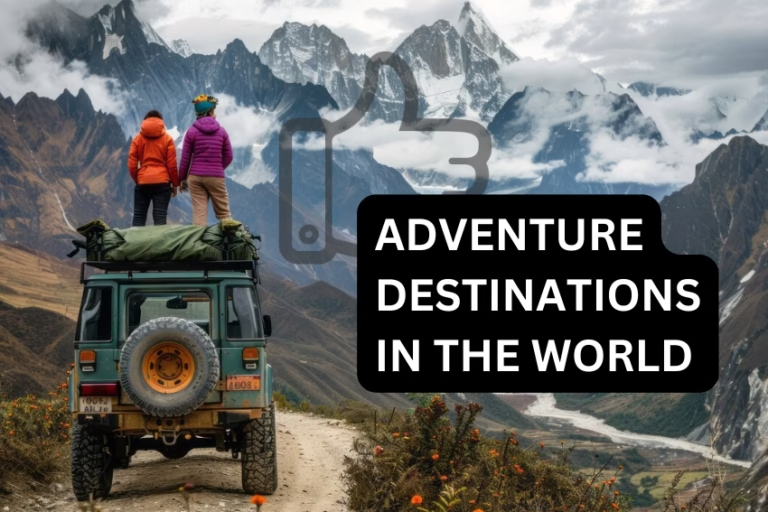Nobody can argue. The wilderness is a hostile place, and extreme care is paramount. Your survival depends on your skills and the cautions you take. Have a game plan, without which you will perish.
Carrying enough food, gear, and drinking water are critical. But there are other things to consider as well. For example, you need to know how to make a shelter and a fire. BattlBox will deliver you the best items you need for your outdoor adventure. However, your survival depends on how you utilize the tools and plan your trip.
This post will guide you on the best survival skills and tips for the wilderness. Ensure you follow the instructions to avoid any mishaps. You can also consider this guide as your cheat sheet for wilderness survival.
Make a Shelter
In the wilderness, the elements can be your worst enemy. The sun can dehydrate you during the day, and the cold can kill you at night. Also, wild animals can be a problem if you do not have a place to hide. The most dangerous species are snakes, spiders, and scorpions. Build a shelter as soon as possible.
The type of shelter you set up depends on how you got into the wilderness. Carry a tent if you plan to hike or camp in the wilderness. You can get one among the camping gear in your outdoors monthly subscription boxes. If you are stranded, look for materials such as tree branches and leaves to build a makeshift shelter.
Building a shelter is not easy, but it is a necessary skill for wilderness survival. The most important thing is to ensure it can protect you from the elements. It should also be big enough to fit you and your gear.
If possible, build a fire outside the shelter to scare off dangerous animals. Never light it inside because it can set it ablaze. Also, consider the direction of the winds to avoid suffocation and the risk of burning the shelter.
Ensure you have a plan B in case your primary shelter fails. It could be a cave or a hole in the ground. Whatever you do, ensure you have a place to protect you from the elements.
Determine How to Get Water

Water is the elixir of life, and you need to have a plan to find it in the wilderness. In an emergency, dehydration can be a real problem. You need at least two liters of water daily, even in a mild climate. But it could be almost impossible to get it in the wilderness. Either you come across a dirty pool or a river with rapids.
The best way to find clean water is by looking for moving sources, like creeks, rivers, and streams. But these sources might have contaminants. Ensure you purify the water before drinking it.
One way to do this is by using a water filter. There are different types of water filters in the market. A filter bottle will enable you to drink from any water source. Another way to purify it is by boiling it for at least one minute.
You can also use water purification tablets or bleach to clean the water. But this method is unsafe, especially if you do not have the correct proportions. Avoid it unless you have no other choice.
Gather Some Food
Survival in any condition depends on your fuel supply. When in the wilderness, you need to eat to maintain your strength. But food can be scarce in the wild, and you might have to forage for some.
Never panic in such a situation. Stress can wear you down faster than hunger. The best way to find food is by looking for edible plants. But be careful because some plants are poisonous. Do not eat anything unless you are sure it is safe.
If you are lucky, you might find some fruits or nuts. They can help tide you over until you find a more substantial meal. You can also look for small animals such as rodents and lizards. But ensure you cook the meat thoroughly to kill bacteria. You can set traps to catch larger animals, such as rabbits.
Maintain Your Hygiene
Infections and diseases are a real threat in the wilderness. And one of the best ways to avoid them is by maintaining your hygiene. Clean your wounds and cook food before eating to prevent infections.

Also, avoid touching your face as much as possible. And if you must, ensure your hands are clean. Use hand sanitizer if you have one. It is also paramount to keep your campsite clean. It will help reduce the risk of attracting predators.
Rest
Your body needs rest to heal and repair itself. You might constantly be moving, looking for food and water. And all this can take a toll on your body. Get enough time to rest and recuperate. Also, rest minimizes your energy expenditure. That is vital when resources are scarce.
Conclusion
Surviving in the wilderness is not an easy feat. But if you have the right skills and knowledge, it is possible. It can be traumatizing when you find yourself in such a situation. But remain calm and think clearly. Strategic planning is key to surviving in the wild. And never give up hope. With a positive attitude, anything is possible.














+ There are no comments
Add yours